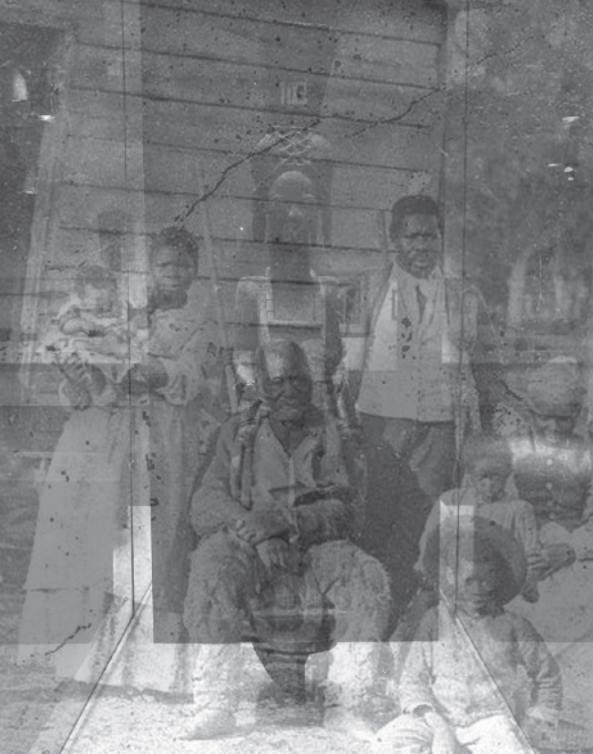Seminar Blogs
“Expanding and Enacting Historiographies” – Hannah Harder
A professor of performance studies, Mike Pearson developed the theater piece Wild Scenes at Cardiff in 2019, a dynamic performance of a local history. This project brings the audience through the four days of the Cardiff race riots, describing the broad movements of the events and the actors involved. Certainly a weighty task, Pearson describes this as “choreographing” history, using the evidence available, showing photos of the arrested while working off of news and police reports. In doing so, the riots are brought to life and lose the static self-evidence that historical tales often hold. In passing remembrance, history seems to become mythologized, which this work aims to destabilize by spinning evidence into overlapping sequences of ephemeralities. In essence, this work performs a rewriting of history in which long-hidden events and landmarks can become visible to contemporary viewers.
The spirit of the project encapsulates current attitudes towards contemporary knowledge. Academics, artists, writers, teachers, and activists consistently work towards questioning the boundaries of epistemological authority. History is not discrete, it exists within myths, timelines, and prejudice. To choreograph knowledge, as seen in the evidence surrounding the riots, is to mobilize it in a way that stands fundamentally against a dangerously static narrative.
There are many writers exploring the theory and philosophy of knowledge. History is a particularly meaty discipline to dissect, as it stands as a strong base for further addition of knowledge. Walter Benjamin argues against historical narratives and elevates the “ragpicker” as one who can glean material and create new methods of producing history and knowledge (Le Roy 2017, 128). The focus on the ragpicker shows an active commitment to the discarded piles of history that have the potential to create new stories of remembrance and memory.

Quite similarly, the book Potential History: Unlearning Imperialism (2019) by Ariella Azoulay unravels more concrete examples of how to look at potential histories of marginalized groups and how engaging with the idea of the potential is sociopolitically meaningful. What kinds of materials, landmarks, or stories could have been included in collective memories, but was made obsolete for political purposes? Discarding other historical accounts, both material and non, is very much a form of systematic violence. Exploring potential history means working against imperial violence in all its systematic forms and highlighting what was deemed obsolete or dead. Azoulay is a proponent for tracing the “undercurrent” of information which she does so in her methodology as well as the commitment to the marginalized stories. Across places, and time we can reanimate what has been erased.
There are many angles or peripheries in which to position historical narratives. History is not static and requires a performer to enact its narrative through some kind of position. Whether through the ephemerality of dramaturgy or responsibility to holistic archaeological and archival mining, the thinkers and artists of the 20th century give voice to the past and bring it in conversation with the present. Instead of concerning knowledge with direct lineages from the past into the present, potential histories and creative historiography can highlight the importance of cyclical and connected ways of knowing.
References
- Azoulay, Ariella. 2019. Potential History : Unlearning Imperialism. London: Verso.
- Le Roy, Frederik. 2017. “Ragpickers and Leftover Performances.” Performance Research 22 (8): 127–34. https://doi.org/10.1080/13528165.2017.1433391.
*Image credits: “Potential History: Not with the Master’s Tools, Not with Tools at All” Fig 4.7

